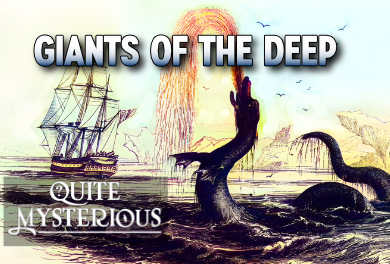Science & Technology
May 26, 2016 · 11 comments
11 comments

Could the optical clock bring about a timekeeping revolution ? Image Credit: CC BY 2.0 Derek Key
There is however another, more accurate, way of keeping time.
The optical clock, which unlike regular atomic clocks works using strontium atoms in place of caesium, operates at the visible, as oppose to the microwave, part of the electromagnetic spectrum.
Optical clocks offer a much higher level of accuracy than any other type of clock to the extent that, if had you started one running at the beginning of the universe, it would have only lost two minutes.
The disadvantage is that optical clocks are awkward to maintain and frequently break down, but now scientists in Germany believe that they have found a practical solution to these problems.
Their new optical clock concept, which could one day replace the atomic clock, may even serve to redefine the length of a second - albeit by such a small amount it would be generally unnoticeable.
This more accurate definition would however offer benefits in many different areas such as GPS navigation where it could improve accuracy on the ground from meters to centimeters.
"We want to improve the timekeeping infrastructure all over the world by building better and better clocks and integrating them into the time-keeping infrastructure," said Dr Christian Grebing.
"What we demonstrated is a first step towards a global improvement of timekeeping."
Source: Independent | Comments (11)
New optical clock is most accurate ever built
By T.K. RandallMay 26, 2016 ·
 11 comments
11 comments
Could the optical clock bring about a timekeeping revolution ? Image Credit: CC BY 2.0 Derek Key
Scientists have come up with a clock so accurate that it could even redefine the length of a second.
Currently, time is measured on the idea of a pendulum, or in the case of an atomic clock, the natural back-and-forth rhythm of a caesium atom. Similarly, the length of a second is defined as the time that passes during 9,192,631,770 cycles of the microwave signal generated by this process.There is however another, more accurate, way of keeping time.
The optical clock, which unlike regular atomic clocks works using strontium atoms in place of caesium, operates at the visible, as oppose to the microwave, part of the electromagnetic spectrum.
Optical clocks offer a much higher level of accuracy than any other type of clock to the extent that, if had you started one running at the beginning of the universe, it would have only lost two minutes.
Their new optical clock concept, which could one day replace the atomic clock, may even serve to redefine the length of a second - albeit by such a small amount it would be generally unnoticeable.
This more accurate definition would however offer benefits in many different areas such as GPS navigation where it could improve accuracy on the ground from meters to centimeters.
"We want to improve the timekeeping infrastructure all over the world by building better and better clocks and integrating them into the time-keeping infrastructure," said Dr Christian Grebing.
"What we demonstrated is a first step towards a global improvement of timekeeping."
Source: Independent | Comments (11)

The Unexplained Mysteries
Book of Weird News
AVAILABLE NOW
Take a walk on the weird side with this compilation of some of the weirdest stories ever to grace the pages of a newspaper.
Click here to learn more

Support us on Patreon
BONUS CONTENTFor less than the cost of a cup of coffee, you can gain access to a wide range of exclusive perks including our popular 'Lost Ghost Stories' series.
Click here to learn more
Spirituality, Religion and Beliefs
United States and the Americas
Science and Technology
UK and Europe
Total Posts: 7,752,454 Topics: 324,072 Members: 203,520
Not a member yet ? Click here to join - registration is free and only takes a moment!
Not a member yet ? Click here to join - registration is free and only takes a moment!




























Please Login or Register to post a comment.